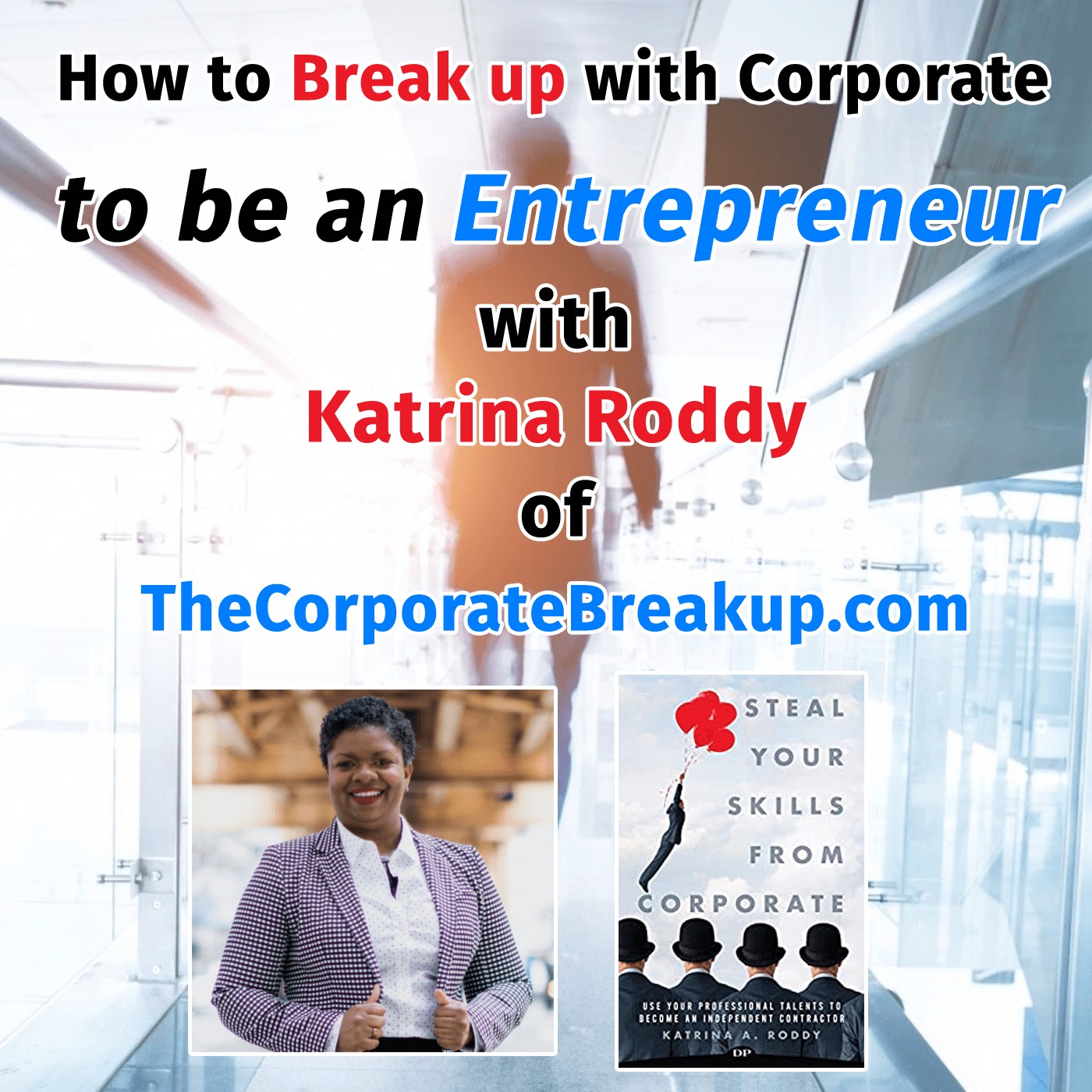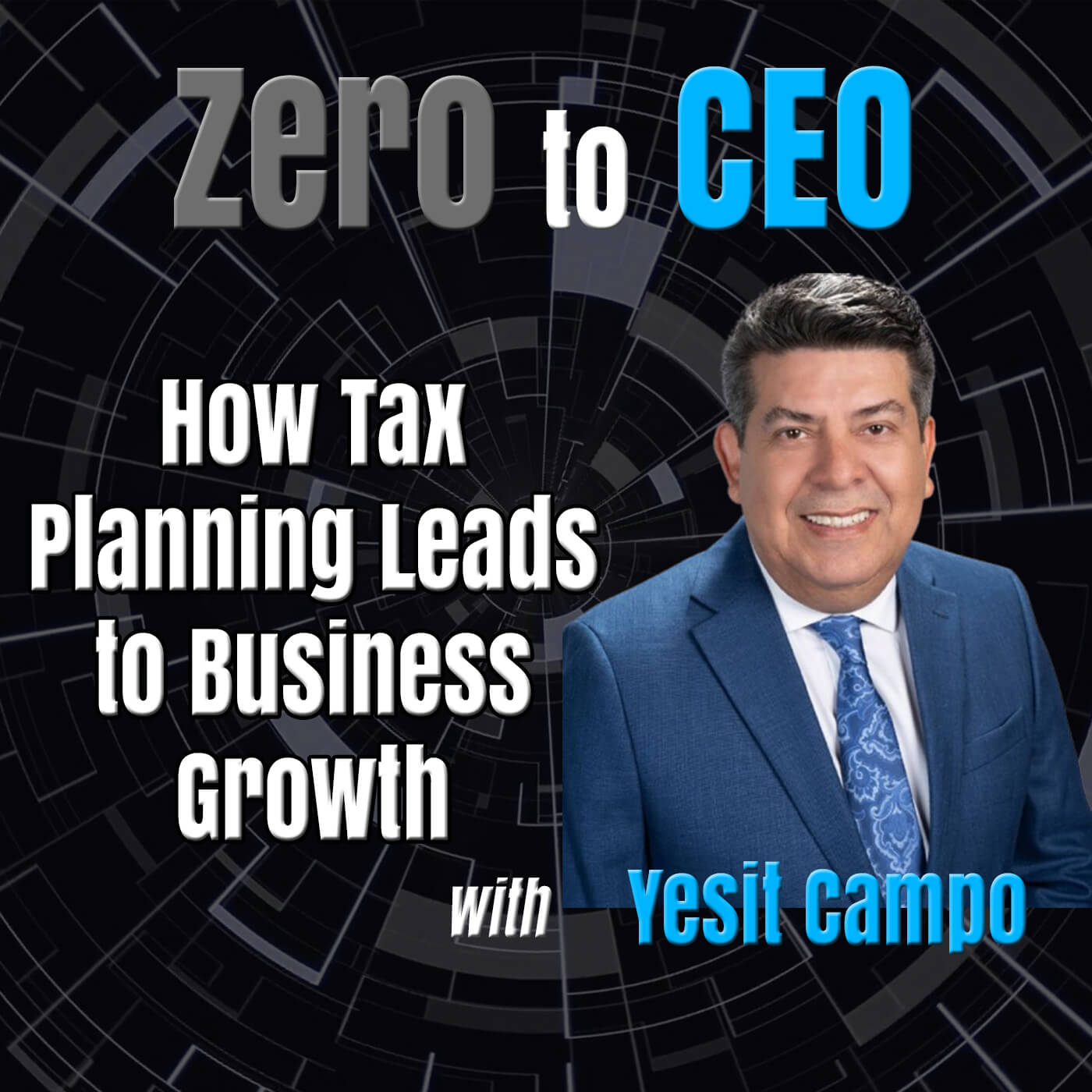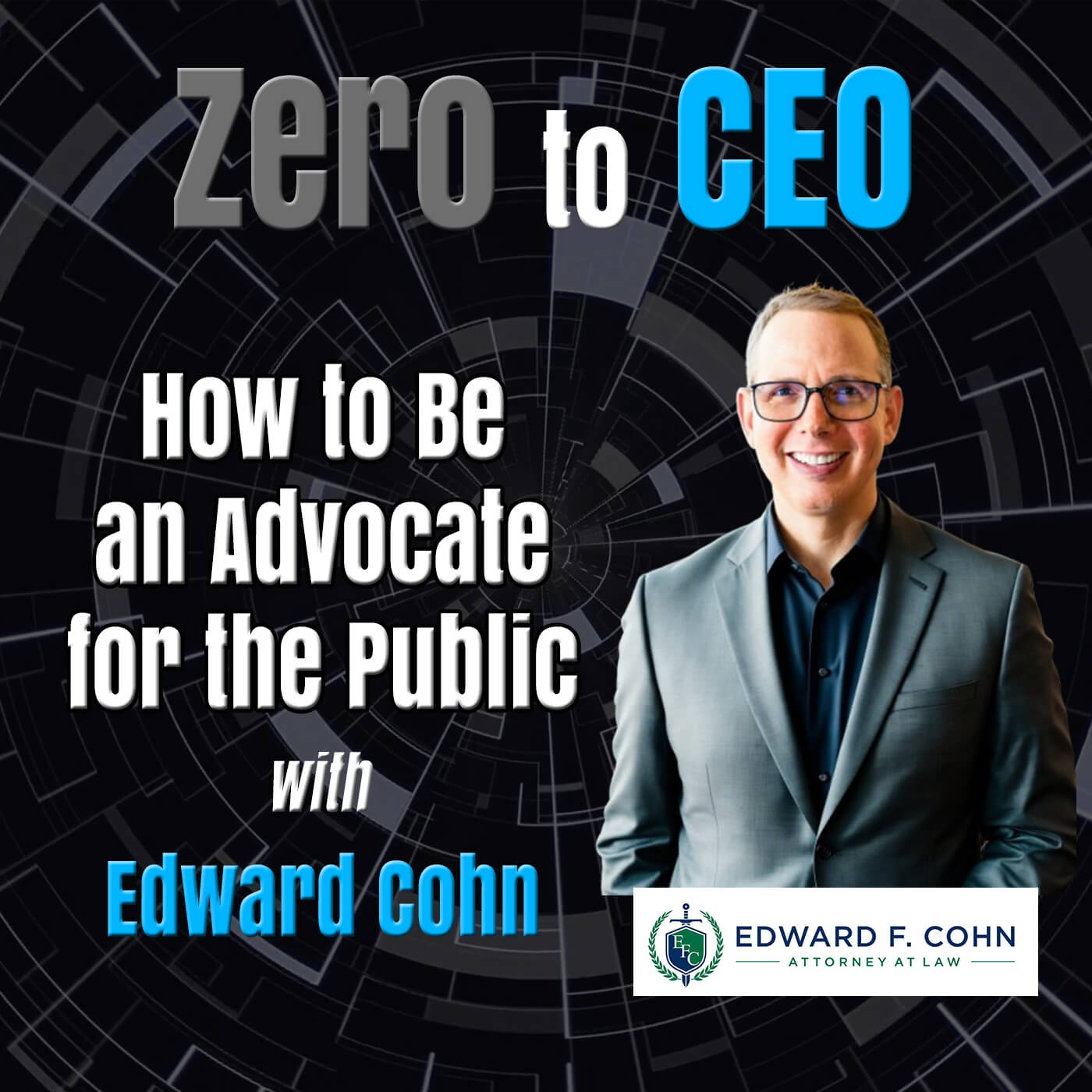Future Tech: Brains versus Computers

In today’s episode of Future Tech. I’m going to talk about how the brain is like a computer, a very powerful computer. And just like a computer, the brain has storage, processing speed, memory, and energy efficiency. So I’ll cover each of those, but also I want to talk about where the brain is headed in the future with devices like the neural link or other brain to computer interfaces.
Listen to the Podcast episode here:
Or Watch the Video here:
Here’s the transcript from this podcast episode, please excuse any typos!
So we’ll start with storage, and most computers that you would purchase at the store, or online would be about 250 gigabytes to 500 gigabytes of storage, you can think like your iCloud account if you have an iPhone, you have five gigabytes dropbox you have a certain amount, Google Drive, certain amount, but most hard drives generally have about 250 to 500 gigabytes, which is the equivalent for non technical people, about say 500 HD movies or 250,000 pictures. So, this is what a hard drive is right: it stores your data, it stores your photos, your videos, your documents, your brain has billions of neurons, and they have to not only process the memories and the things that you see, but they have to interact with each other as well. What does that really mean, think about it this hard drive. If you start putting your pictures, your memories and videos into your hard drives, it takes that data and stores it as numbers really like binary code and stores it as encrypted data sometimes right. Your brain has to take those same images for memories, and it can communicate with the other neurons in your brain to creatively come up with ways to store those as memories. It’s not so much as it’s just an image as it is interacting with other neurons, which makes it processed trillions of equations, the hard drive might only be able to process millions of equations so it’s a very big difference between just hosting or storing the data versus communicating with other parts of the brain to stored as a memory, and that way you can bring it back up as a memory versus just here’s the document well. Not only that but I can correlate the document with this image with this video, whereas with the computer, you’d have to store those into a folder. To do that, whereas your brain can automatically link those three things together. Also in terms of size, what is estimated scientists have come up with about one petabyte of storage which is 1001 terabyte hard drive so let’s say your computer has a one terabyte hard drive which is 1000 gigabytes, that can store about 1000 HD movies. Well, we’re talking about 1000 Of those, your brain can handle so you can basically store your brain. Logistically, the entire database of movie history, and music history, and probably a lot more. So, you know it’s a pretty large capacity.
Now of course computers can access the information much quicker than a human brain, because that’s what it does it processes information. That’s what it does right but the human brain on the other hand, if we jump into memory. Now, we can access memories, a little differently than computers now of course computers are very fast. If you want to ask a computer, basic facts like, you know how hot is the sun or what’s the capital city of Pennsylvania, or a lot of other basic facts that you can find on Google for example, the computer is going to be able to pull that up instantaneously. Whereas, as humans, we only really remember the things that we can think of right so for example, you’re your if you have any kids. Your son’s first birthday, you’ll remember that day, probably, or the day your son was born or the day you want an award with very important things that have meaning to you, you’ll be able to pull those pieces of information up pretty quickly. Whereas if I asked you where you were last Thursday at 2pm or what you had for dinner that day, you’re probably going to get confused and forget, you know that it was spaghetti and meatballs or you know a tuna fish sandwich or whatever it is that you had you’ll forget you might not remember, it’s not that important. So humans and the brain, categorize and prioritize information and memories, based on importance, versus the computer that just doesn’t rank it at all it’s just information is information, but also I found something interesting, when I was doing some research was that the human brain also correlates the same types of events together so let’s say that you remember a Christmas or Thanksgiving event that you really had a good time at, you’ll probably remember other things givings or Christmases or whatever the holiday or special event was because they all kind of go together as the same type of event, whereas computers don’t do that. They just pull up the you know, the 1812, the Spanish War which whichever war, they’ll pull it up and that’s it, they won’t correlate that with like World War One and World War Two, because you ask for specific data a specific piece of information whereas your brain doesn’t do that your brain actually remembers all the different times you had Thanksgiving. And you’ll remember those a lot easier when it comes to energy efficiency.
Now, I didn’t know this, I was shocked to hear this, but the brain only uses about 10 watts of energy which is about less than it takes to power one of these light bulbs right these light bulbs are like 60 watts. So one light bulb is like six brains worth of energy, I was. Mind blown. When I heard that right. So, computers on the other hand, use a lot of energy right. Not a ton but like for example the computer I’m using to record this episode, for example, has about 1000 watt power supply, because I do a lot of graphics and a lot of things to the graphic card needs a powerful PSU or power supply 1000 Watts, that’s 100 times stronger than my brain in terms of energy. So, brains are very energy efficient, and I know I touched on processing speed a little bit how computers are much quicker. I really didn’t want to dive too deep into it because of the fact that processing speed brains just can’t keep up with computers. They’re a clear winner brains are slow and clunky because we have to think about things we get confused, we have memory issues, whether it’s short term or long term I mean there’s Alzheimers and a lot of other diseases that that, you know, mess up the brain whereas computers, they don’t get affected I mean sure they get a virus or whatnot but you can store the data safely you can encrypt it, you can pull it back up computers, they can run 24 Seven without taking breaks, they don’t get tired, so processing speed is a tough one because computers really are much faster but they don’t have creativity. You know, they don’t pull up memories, the way we do. And they don’t prioritize the way we do; they’re just factories, humans and brains. We prioritize the memories we pull up based on memories, and, you know, things that we liked, things that we didn’t like, and that sort of thing.
So that brings me to my favorite part of the episode which is where the brain is headed right. I mean we’ve seen The Matrix where Neo plugs into the matrix and he can learn things instantaneously. We’ve seen Terminator, the Terminator series where AI, artificial intelligence, Skynet turns on and automatically takes over the world and the robots take over the world. There’s a lot of different things that might happen in the future. But as we see today. They are scientists working on ways to connect the Paralyzed human’s brain through electrodes and implants to a computer so that they can control the screen, type control a mouse or a cursor. I mean this is the beginning of controlling the world with our brain, or integrating our brain with computers. I mean realistically I believe the approach or the case study here, what could be used like say that neural link or another device and implant in the brain. And, as humans, especially nowadays we are obsessed with technology, everybody has a phone in their hand, all day long. We’re on computers, we’re on phones, we’re on laptops, we’re on iPads. We’re on the internet, we’re watching streaming videos, Everything is just linked to us. So our attention is being drawn to these devices. Now what if our attention could be detached from all of these devices, and instead, our brain is connected to them automatically through say Bluetooth or Wi Fi or whatnot. And so, imagine you’re in your kitchen cooking, and you realize that you are out of milk or eggs or, you know, tofu, or lettuce, anything, and you have to stop what you’re doing. You have to pull up your phone, you have to go on Amazon or, or, you know, Whole Foods, which they both are the same right. But or your grocery store for delivery and you have to now
order what it is you need, and then you know, or search online and then you know. Anyway, it’s taking it’s distracting you. Okay, So imagine if you could just mentally, say, I’m out of lettuce amount of milk I’m out of this. Boom. It automatically orders those things for you because you thought that you needed them or you think to yourself, order, I need to order lettuce and eggs. Boom. It orders. The amount of time you just saved by doing that, and this is just the beginning.
You’re out sightseeing in a new country you’ve never been to, and you have to keep pulling your phone to figure out where are you going on the map and where’s the next destination can you buy tickets for this place. What is that monument this that the other thing you can see all of it through like augmented reality because your brain is connected to your phone, or to a public access, you know, virtual environment, whatever, and you can just automatically see everything you don’t have to type anything you can order tickets, you can look at a monument, or a museum, and just say, I want tickets for that, maybe a little icon pops up in front of you you click it, to get your book done. And this could go on for a lot of different things. We’re talking search and rescue, medical improvements. Imagine being able to see what’s wrong with someone as they come into an emergency room just by looking at them, and then being able to with your brain, instead of having to call the nurse and set up a room and get certain equipment ready and yada yada yada. You just think it, and it doesn’t. The AI takes over and does all these things for you. I mean it’s just the tremendous amount of potential that I see brains to computers. Now of course, the biggest one is memory right, are, Alzheimer’s patients, people who are forgetting things. Imagine being able to download your consciousness and your memory into a computer chip or store it somewhere on a virtual cloud, maybe be able to enjoy a virtual environment, so that if you’re bedridden and you’re paralyzed, you can still live in a virtual environment kind of like the movies we’ve seen like Ready Player One, or tons of other books and movies out there about virtual environments or living in a computer simulation or whatnot. To you, it’ll seem real, you know, and if you’re wearing a haptic feedback suit, gloves and everything. It’ll feel real, it’ll look real, and for all accounts and purposes it’s real, right, because it’s in your brain and your brain, you can make yourself believe a lot of things. We’ve all seen the matrix. Now this poses the question. If a brain is a computer because it does have electrical signals, it does talk to other parts of the brain, but your computer also does. Could we in fact live as a computer can we be Androids, can we be part computer part man can we be or human. Can we somehow live as cyborgs I guess you could say, you know, in the future. And I think there’s going to be a moment when this happens when we integrate brains or computers together, because we already know we can replace body parts, right, we can make, you know prosthetic limbs, and now they’re coming up with robotic limbs that are very good that you can touch sensitive, even, I’ve seen them.
So, imagine that the biggest hurdle is the brain because we don’t understand it fully yet we understand, you know the different parts of the brain and, and what they do, but we don’t really understand how to replace it. Right, because it’s powering our body. I mean, so it’s gonna be a big one and I’m curious to see if it happens in our lifetime, I would be more than happy to try an implant one day in the future if I’m paralyzed or too old to remember, and this thing can save my life I would I would try it, sign me up, future self. And I’d love to hear what else you guys think of the brain and the computer and how they are similar and how they’re not similar, and what you think will happen in the next 1020 3050 100 years with brands and computers, leave them in the comments, I’ll answer. And as always, I’ll see everyone in next week’s episode.
![]()






